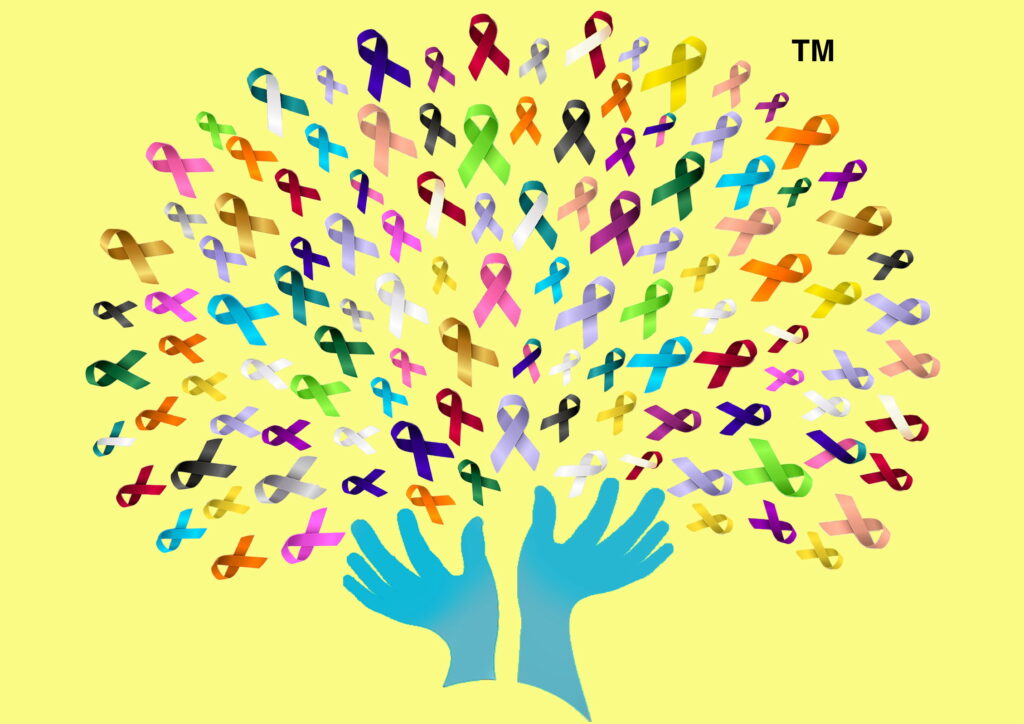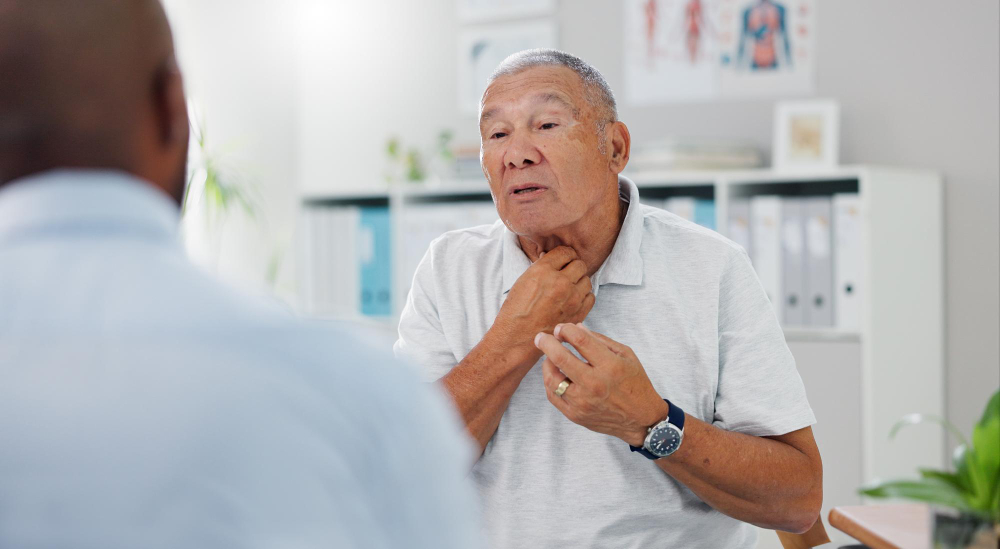Esophageal cancer is a type of cancer that starts in the esophagus, the tube connecting your throat to your stomach. This cancer can make swallowing hard and may cause other symptoms. In this FAQ guide, you will find clear answers to common questions about esophageal cancer. Understanding the basics can help you or your loved ones seek the right care and support.
What is esophageal cancer?
Esophageal cancer happens when cells in the esophagus grow out of control. The esophagus is a long, hollow tube that moves food from your mouth to your stomach. There are two main types of esophageal cancer:
Both types can make swallowing difficult and may spread if not treated early.
What are the symptoms of esophageal cancer?
Early on, esophageal cancer may not cause symptoms. However, as it grows, you may notice:
Because these symptoms can be caused by other conditions, it is important to see a doctor if they last more than a few weeks.
What causes esophageal cancer?
Doctors do not know the exact cause of esophageal cancer. Still, several risk factors can increase your chances:
Although having these risk factors does not mean you will get esophageal cancer, avoiding them can help lower your risk.
How is esophageal cancer diagnosed?
If your doctor suspects esophageal cancer, they may order several tests. These tests help find the cancer and see how far it has spread. Common tests include:
Early diagnosis can improve treatment options and outcomes.
What are the treatment options for esophageal cancer?
Treatment depends on the stage of the cancer, your health, and your preferences. Options may include:
Sometimes, doctors use more than one treatment. For example, you may have chemotherapy before or after surgery.
Can esophageal cancer be prevented?
While you cannot prevent all cases, you can lower your risk by:
According to the World Health Organization (WHO), making healthy lifestyle choices can reduce your risk of many cancers, including esophageal cancer.
What is the prognosis for esophageal cancer?
The outlook for esophageal cancer depends on the stage at diagnosis. If found early, treatment can be more successful. However, many cases are found at a later stage. According to the American Cancer Society, the five-year survival rate is higher for early-stage cancer. Still, every person’s case is different. Your doctor can give you the best information about your outlook.
Are there lifestyle changes that can help?
Yes, making healthy changes can support your treatment and recovery. For example:
These steps can help you feel better and may improve your quality of life.
Where can I find support and resources?
Facing esophageal cancer can feel overwhelming. However, support is available. You can find help from:
Talking to others who understand can make a big difference. You are not alone.
Consult a healthcare specialist for personalized advice on esophageal cancer.

